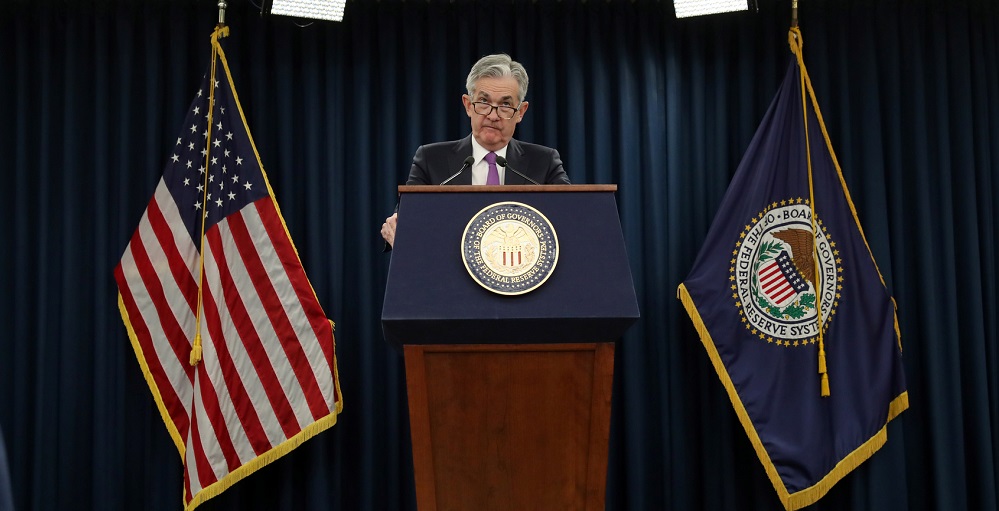"The path forward for the economy is extraordinarily uncertain" – Jay Powell, Federal Reserve Chairman, 29th July 2020
This comment from Jay Powell at his latest address has to win the prize for being his least helpful of 2020 so far. Jay Powell has, in my opinion, done an excellent job as Chairman of the Fed this year, but this was not his best work. The world needs more scientists and less egotistical politicians, prophesying economists (and fund managers), in my view. Rant over, onto UK markets in July…
UK markets sold-off in July on the back of worries that we will see a second material wave of COVID-19 cases and a series of poor interim reports from index heavyweights, such as Royal Dutch Shell, Lloyds and HSBC (none of which we own). Rishi Sunak’s summer budget was taken well, initially, before being largely forgotten. I am not a chartist, but it is interesting to see that 6,000 has become a meaningful level that the FTSE 100 has been struggling to hold since the market rally petered-out in June (see chart, right).
The great majority of FTSE companies have reported results over the last few weeks, at last giving us a proper look under the bonnet of how these businesses have fared during the pandemic. On the one hand, there were those businesses right at the forefront of the crisis, such as hospitality, airlines and high street retailers. InterContinental Hotels Group (IHG) is one of our investments and they reported a whopping 75% decline in revenue-per-available-room in the April to June quarter. It is hard to imagine a worse situation for a hotel operator to find themselves in than the last few months. We have been using recent share price weakness to add to our position in IHG – we still believe that their core Holiday Inn franchise is world leading and are confident that the COVID clouds will part at some point, allowing IHG to return to previous levels of growth.
On the other hand, Unilever was our star contributor in July and climbs to the top of the table as our largest holding in Church House UK Equity Growth Fund. We own Unilever because we believe that they have a leading range of brands with a unique global distribution. For example, via its subsidiary Hindustan Unilever, they been selling into India for more than a century. India is an exciting market, with a huge population and a growing middle class happy to spend their new found wealth on consumer goods, but this market is not without its challenges and as many businesses have come unstuck in the Indian marketplace, as have English batsmen on the dusty wickets of the subcontinent! One cannot put a price on the experience and networks that Unilever have built in emerging markets such as India, Indonesia and Nigeria. Naysayers argue that Unilever’s brands are tired and that, for example, health-food trends will render their products redundant. I say, Magnum and Ben & Jerry’s ice cream sales for home consumption going up 26% during lockdown, tells me that people turn to their old reliable favourites when they want some comfort in tough times.
The outlook may well be uncertain (thank you Jay Powell), but people still love ice cream… Magnum Double Salted Caramel anyone?
How would you like to share this?



